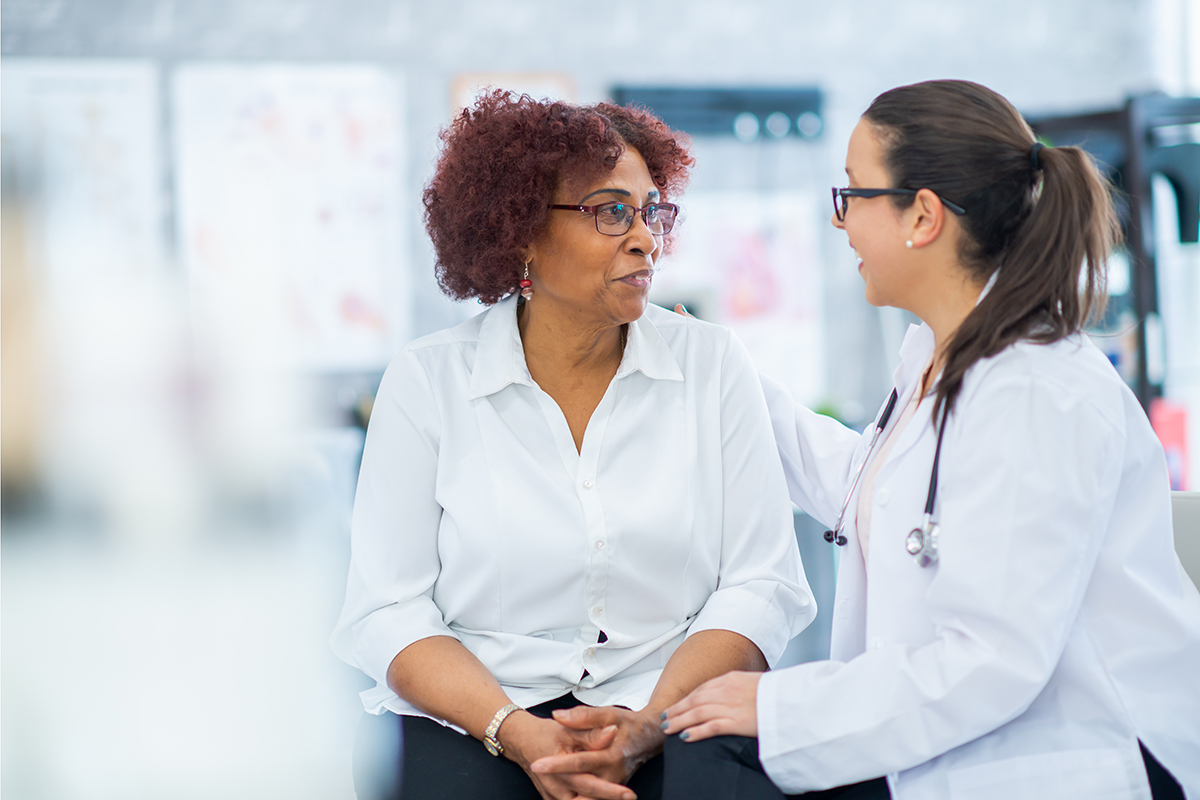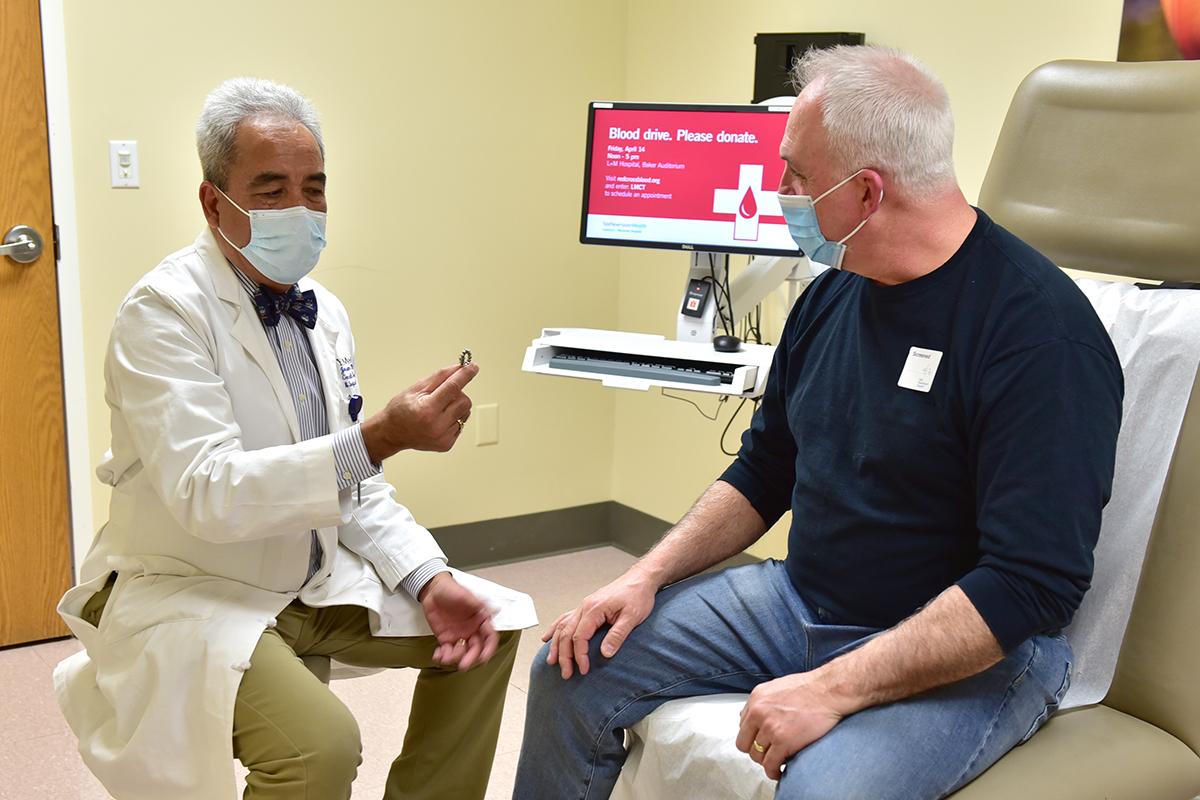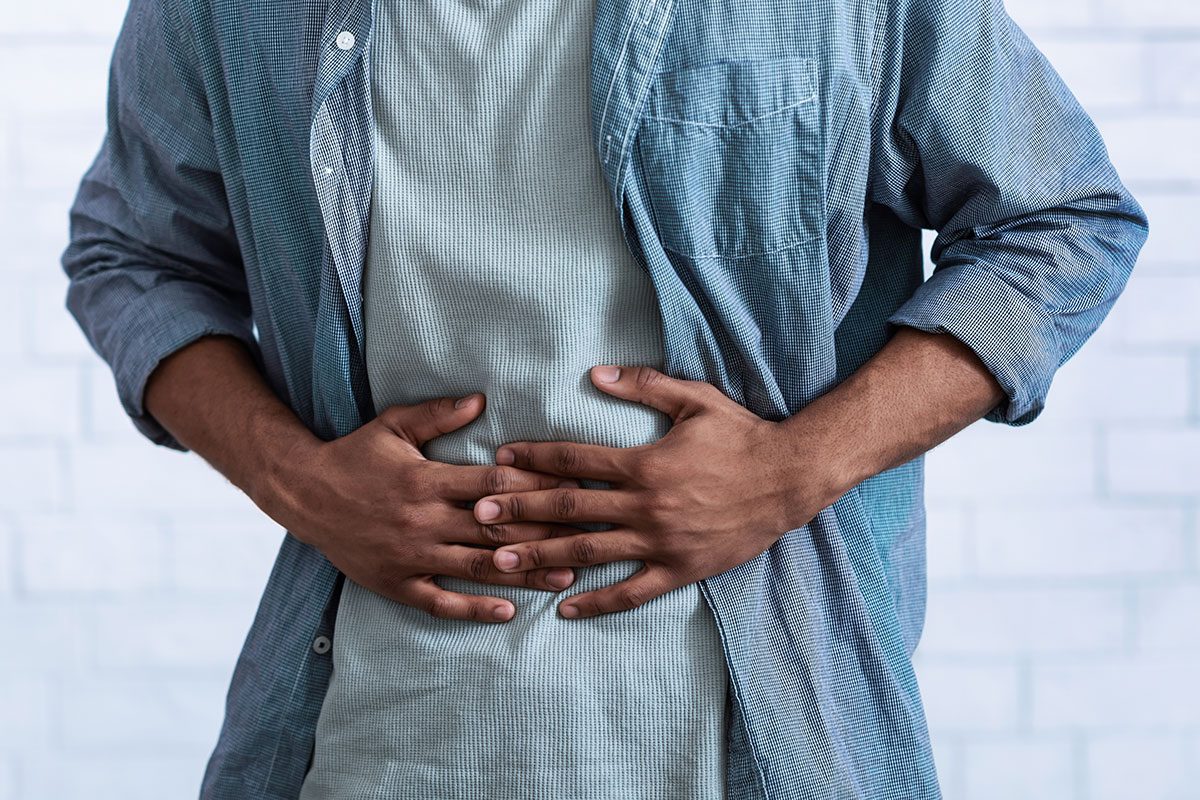Colon cancer is the third leading cause of cancer in the U.S., but it is preventable. A colonoscopy is an examination of the inside of the colon using a colonoscope, a thin, flexible, lighted tube instrument inserted into the rectum. It has a tool to remove abnormal tissue to be examined for cancer under a microscope. Performed under sedation so there is no discomfort during the procedure, the test is most effective when the colon is totally clear of stool. That requires a liquid diet and bowel (prep) cleansing by laxatives a day or two before the procedure. A colonoscopy is not only a highly effective detection tool, but it’s also the only test that can prevent colorectal cancer by removing small growths or polyps before they become a problem.





